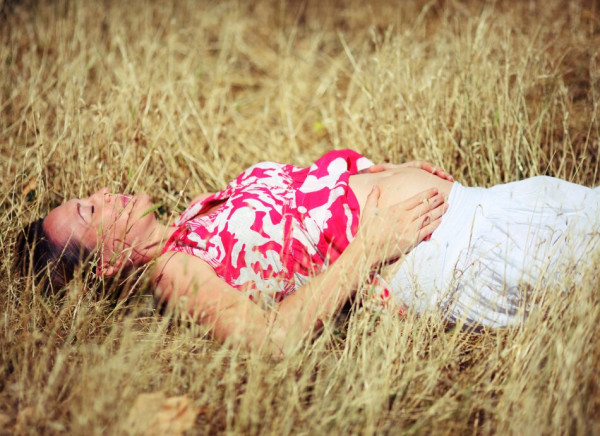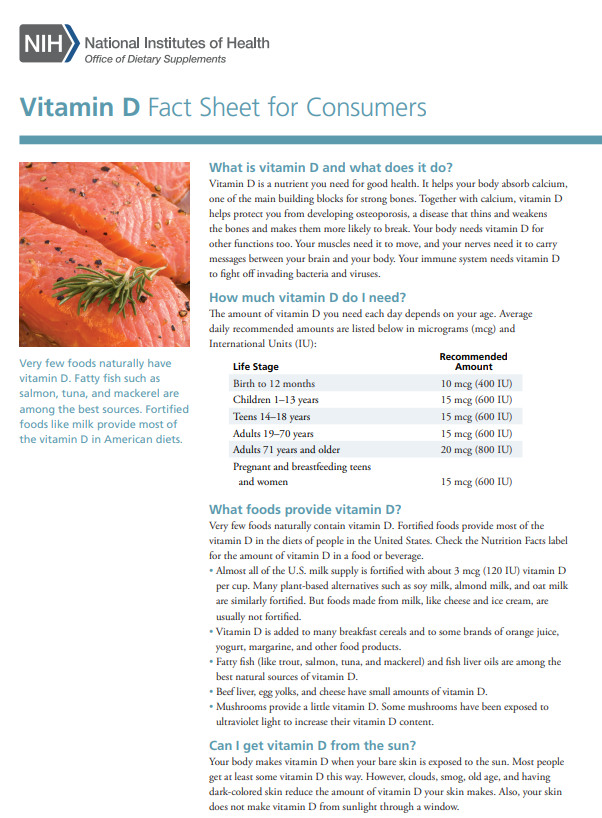Vitamin D from the sun
The amount of sun each person needs varies a lot with the season, your age, your health needs, where you are and your skin type. Most people in Aotearoa New Zealand get enough vitamin D in the summer months because we have a lot of UVB exposure. It takes between about 6 minutes (for a fair skinned person in the north) and 20 minutes (for a dark skinned person in the south) with the sun on your face, hands and lower arms to get enough vitamin D for the day. UVB does not get through glass, so the sun needs to fall directly on your skin, not through a window.
You don’t need to go out into the sun especially to make vitamin D, most people will make enough just doing their daily activities.
Note: Sunscreen should always be used to prevent skin cancer, this won’t stop your body making vitamin D. Between September and April it's best to avoid going out between 10am and 4pm when UV radiation is highest.

Image credit: Canva
Vitamin D is stored in your body for up to 2 months, so your summer stores will get you part way through winter too. In winter it could take more than an hour of sun exposure to get enough vitamin for your daily needs. Between May and August it’s best to exercise outside during the middle of the day. Winter is also a good time to enjoy foods that have a higher vitamin D content.
Vitamin D from foods
Getting enough vitamin D from food alone is hard to achieve as not very many food contain, or are supplemented with, vitamin D in Aotearoa New Zealand. The best food sources of vitamin D are:
- oily fish, either freshly cooked or canned (eg, salmon, herring, mackerel, sardines)
- foods that have had vitamin D added (eg, margarine, some milks and yoghurts)
- full-fat milk and butter
- egg yolk.
Vitamin D supplements
Vitamin D supplements are not usually required unless you're at risk of vitamin D deficiency. Vitamin D is sometimes included in non-prescription multivitamin supplements. If you choose to take vitamin D supplements, 10 micrograms a day will be enough for most people.
Don't take more than 100 micrograms (4,000 IU) of vitamin D a day as it could be harmful. This applies to adults, including pregnant and breastfeeding women and the elderly, and children 11 to 17 years of age.
People at risk of vitamin D deficiency
If you're in a group at higher risk of vitamin D deficiency, talk to your doctor or nurse practitioner about vitamin D supplements. The vitamin D supplement available on prescription is a tablet called colecalciferol. Because vitamin D is stored well in your body it can usually be taken just once a month. Vitamin D supplements have been shown to help reduce falls and fractures in older people in residential care. Read more about vitamin D and falls.
Taking supplements under the care and advice of your doctor or nurse practitioner helps to make sure you're getting the full benefit. It also reduces the risk of harm that can occur from taking too much vitamin D. Taking too much vitamin D over a long period of time can cause too much calcium to build up in your body (hypercalcaemia). This can weaken your bones and damage your kidneys and heart.
Your doctor or pharmacist can also check for any interactions between supplements and other medicines you may be taking.
People at severe risk of vitamin D deficiency
Some people are at risk of more severe vitamin D deficiency, and need higher doses of vitamin D supplements (colecalciferol(external link)) because of having specific health conditions. Examples include:
In chronic kidney disease, damage to your kidneys affects the metabolism of vitamin D. People with severe kidney disease may require vitamin D supplements, eg, alfacalcidol (One alpha®) or calcitriol (Calcitriol-AFT®), and other supplements (eg, calcium).
Read more about vitamin D supplements for adults.










